Episode 092: A Conversation on Race
In this episode, we share a conversation we recently had at New Life Church on race, racism, and our hope for unity.
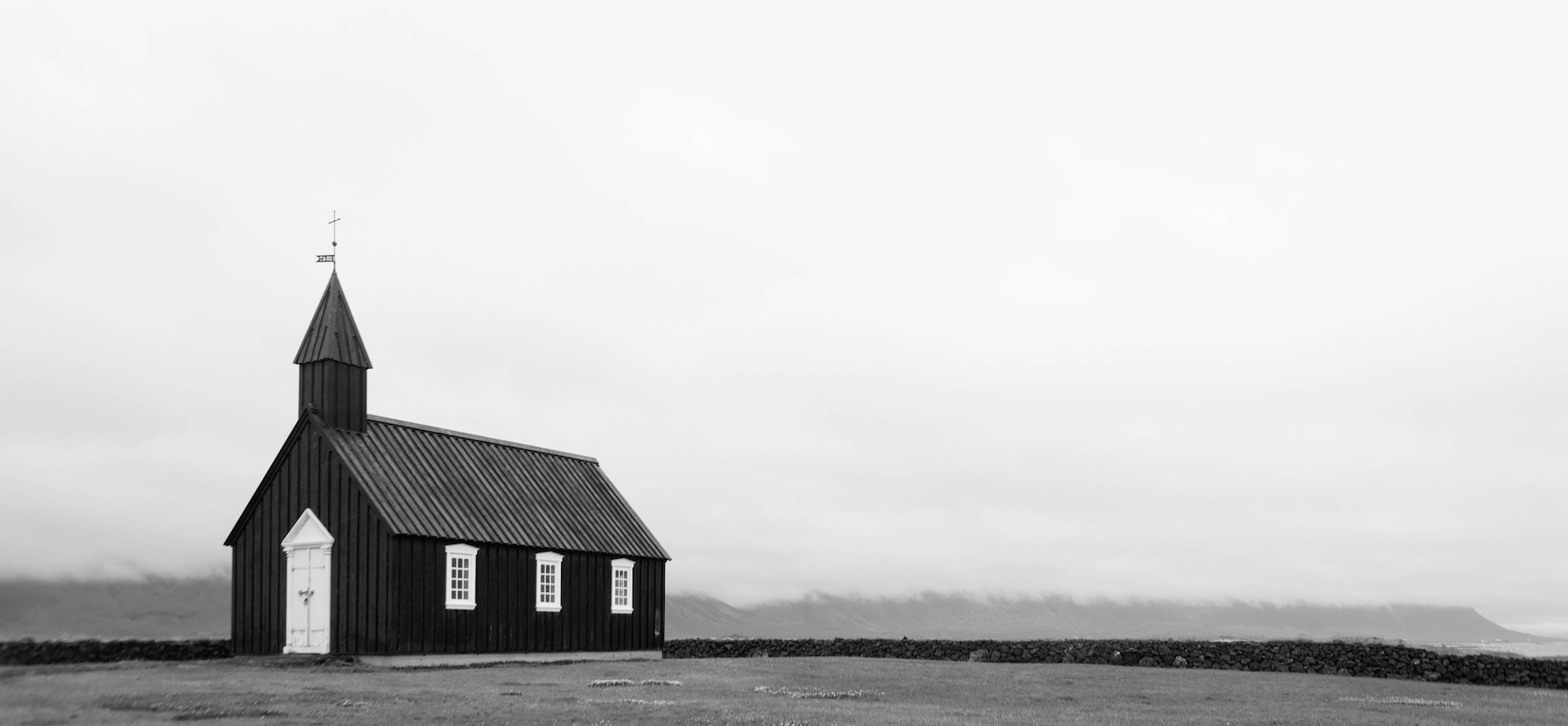
Subscribe and Watch our conversation on our YouTube channel here.
In this episode, we share a conversation we recently had at New Life Church on race, racism, and our hope for unity.

Subscribe and Watch our conversation on our YouTube channel here.
In this episode, Andrew, Glenn, Jason, and Daniel chat about what they’ve learned over the years from NT Wright. Be sure to catch part 1 of Glenn’s conversation with Wright HERE.
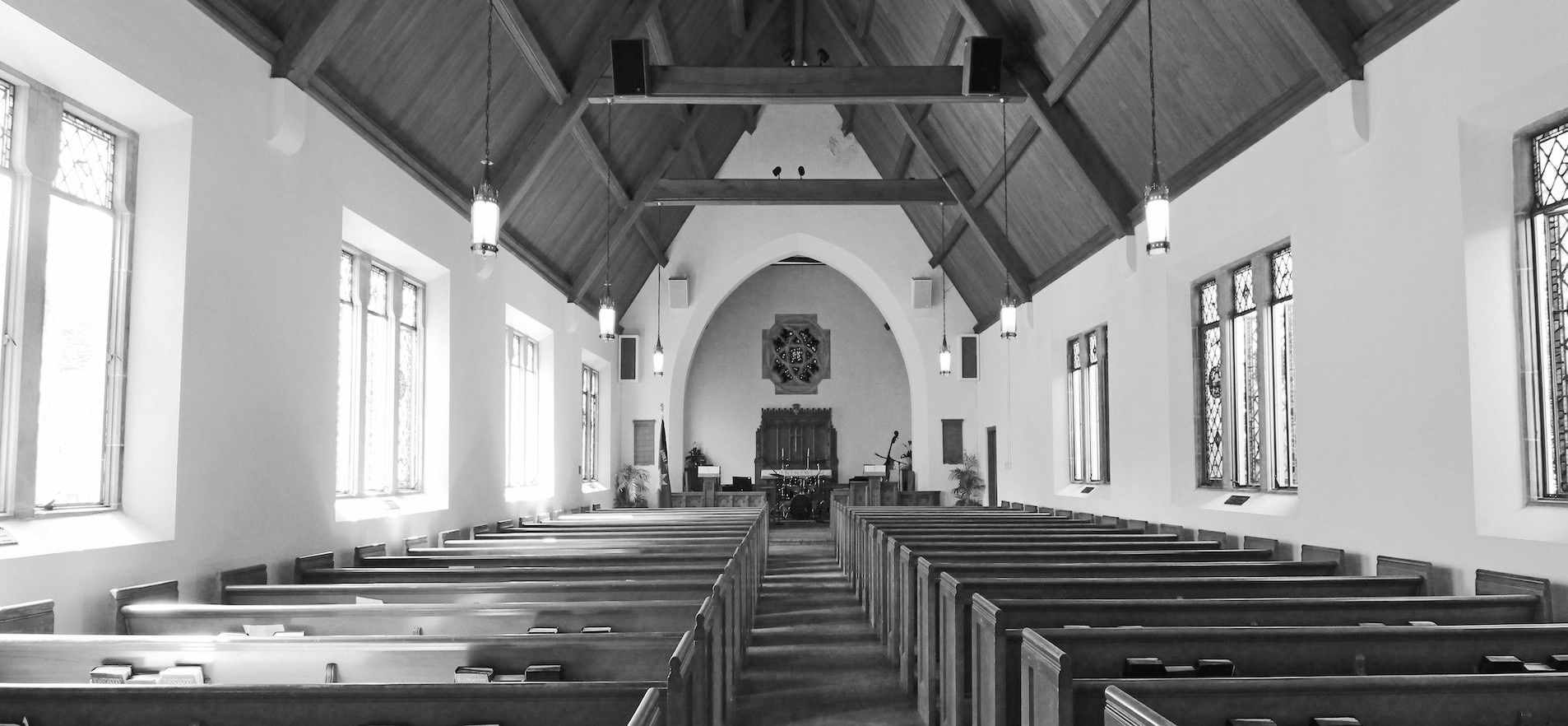
Subscribe and Watch our conversation on our YouTube channel here.
————————
One of the things we do with crisis is we ask, “How did we get here?” and try to assign blame… and of course we want to get out of it as soon as possible… telling the story of Jesus won’t let us escape the sojourn… Jesus is the one who is the companion in the sojourn…
Jesus is not ONE of the ways we make sense of the world, Jesus is THE way we make sense of the world… Tom was one of the first people who helped me understand that the question is not “why” is this happening but “who” is God for us in this?
There are two threads in the OT… one thread is that calamity is the result of judgment… the other is the innocent sufferer… what I love about Tom is that he shows us that Jesus is both (the judgment-bearer and the innocent sufferer)…
A lot of Christians see racial justice as tangential to the gospel… but when you read the New Testament, you see that it is central…
Tom reminds us that we cannot privatize the gospel—Jesus is the ruler over all things and all people, and what God is doing is reconciling all things to himself in Jesus, and everyone to one another…
Part of God’s saving work is that God’s covenant righteousness is also covenant membership… Tom helps us see that Paul is talking about who belongs – and if we all belong because of our faith in Christ, there can’t be division anymore between me and my brother…
The beauty of repentance is that we are casting ourselves upon merciful God… for white America, this will be one of the hardest things to learn… that we can’t fix this… that we’re going to have to listen to our African American brothers and sisters and let them lead the way…
So much of Tom’s work contradicts our implicit divided worldviews… we think there is God’s realm and our earthly realm… but when you look at the history of Jesus, you see that heaven and earth are interlocked…
If the church now is Christ’s availability to the world, we are the place where the weeping of God meets the pain of the world…
In this episode we sit down with world-renowned New Testament scholar N.T. Wright to talk about his new book “God and the Pandemic” as well as the way Gospel addresses racism.

Subscribe and Watch our interview with N.T. Wright on our YouTube channel here.
————————
Obviously there are plenty of things in the Old Testament which are about people misbehaving and God producing specific judgments—a plague or being defeated in battle or whatever it may be. But there are many other passages in the Old Testament—with the book of Job in the middle—which say “Yeah, bad things happen, but this was not God doing it and I do not deserve it.”
What “God and the Pandemic” is really all about is hermeneutics—it’s how to read the Bible for all it’s worth instead of just taking a bit here and a bit there… We have to read the Bible as a whole narrative with Jesus in the middle and only then do we get the real message.
Again and again the New Testament encourages us not to say “OK, we can now produce a rational analysis of why God has done this or that,” but we can say “what is our vocation as followers of Jesus in this extraordinary situation?”
This is what it looks like when God takes charge: It’s not God sitting upstairs pushing buttons and pulling levers. It’s God coming in the person of his Son, in order to confront evil to take its weight upon himself to bring healing and New Creation…
When Jesus redefines power at the end of Mark 10, he says, “Yeah, the emperors boss and bully and beat people up to get their way, we’re not going to do it like that. We’re not going to do it like that. We’re going to do it the other way. If anyone wants to be great, they must be your servant, the slave of all” …That’s the redefinition of power itself.
God is leading wise, humble Christian servants to be at the place of pressure and pain to be there in prayer. To be with. That’s the whole thing. God with us.
In Romans 8, Paul is talking about how God saves creation as a whole with humans at last rescued from sin and death to take their place as the rescued rescuers… God has designed the world to work as a garden through human agency. We don’t make roses grow, but we prune them and tend them.
To our hurried, Twittering, lament is a really difficult thing to do. To hold back from what we think we ought to say at once. To say: “No, I’m going to wait. I’m going to stay in this place of pain. Please help me Lord…help me to use these psalms, and teach my people to use these psalms, and to have a season of lament to just say ‘How long O Lord, how long?’” And then there may be new things that grow out of that… we become gradually formed by the passion of Christ.
The Christian example of two thousand years of caring for those who cannot care for themselves has rubbed off on the world… The Church still has to say “We’re not giving up on this. We’re in this for the long haul.”
Caring for the poor, caring for the sick and the dying, caring for the weak and the vulnerable and those without education. This is part of our DNA. This is what we do as Christians. And Christians have done that from day one, because it’s what Jesus did.
People think of going to church with the people who look like them and talk like them, but the whole point of the gospel in the beginning was that this was a new way of being human in which men and women every nation and tribe and tongue would come together.
Christianity is an entire way of being human. It’s economics, it’s politics, it’s philosophical, it’s everything. It’s got some religious elements, but it didn’t look like a first-century religion at all. It is its own category. And that category is instantiated in the life of the multi-colored, multi-ethnic everything-together church.
In this, the final episode of Season 6, we sit down to talk about how to know when the time and circumstances are right to plant a church. (Note: this episode was recorded before COVID-19.)
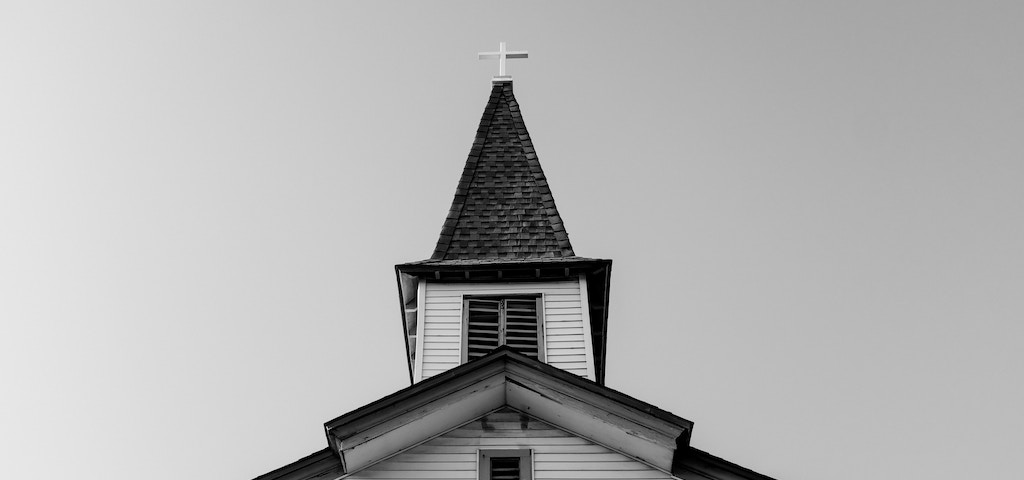
Every church that’s in existence today exists because someone felt a tug… it begins in the heart of someone… someone has to say yes…
I think it’s time to plant a church when the right person and the right geographical location are married…
A church planter needs to be sent by a sending church… all the church planting movements and networks say that the highest rate of church planting success is when the planter is sent with the strength and power of a sending church behind them…
The biggest thing that’s going sideways right now in the American church is that most young leaders don’t have permission to bring up the feeling that they are being transitioned…
For senior pastors—you have to create an environment on your team that allows people to talk about transition… there can’t be fear of being ostracized or punished for this… the culture has to be healthy enough for people to bring it up…
Every church regardless of size can develop preaching laboratories… young leaders need these, because Sundays come with an alarming regularity… we need to see if our young leaders can preach to all ages and ethnicities and situations…
There are three things you have to be able to do to plant a church, and you have to be able two well: you have to be able to preach and teach, you have to be able to lead, and you have to be able to pastor… if you can’t preach and teach, don’t go plant a church… but the other two you can supplement…
The right way to come into a city is to make sure you are planting in an area of the city that actually needs a church plant… if there are ten other churches within five minutes of your building, don’t plant there…
Go to an area that needs a good church, and make sure you meet with as many pastors as you can in order to learn how to come alongside God’s work there… 98% of the local pastors will welcome you if you come in to be a blessing to them and to the city…
You need to know how you’re made—some of us are called to innovate and some of us are called to renovate… don’t assume you have to be a church planter…
In this episode we talk about the challenge of pastoring in an election year. (Note—this episode was recorded before Covid-19 hit, which is why there is no reference to it.)
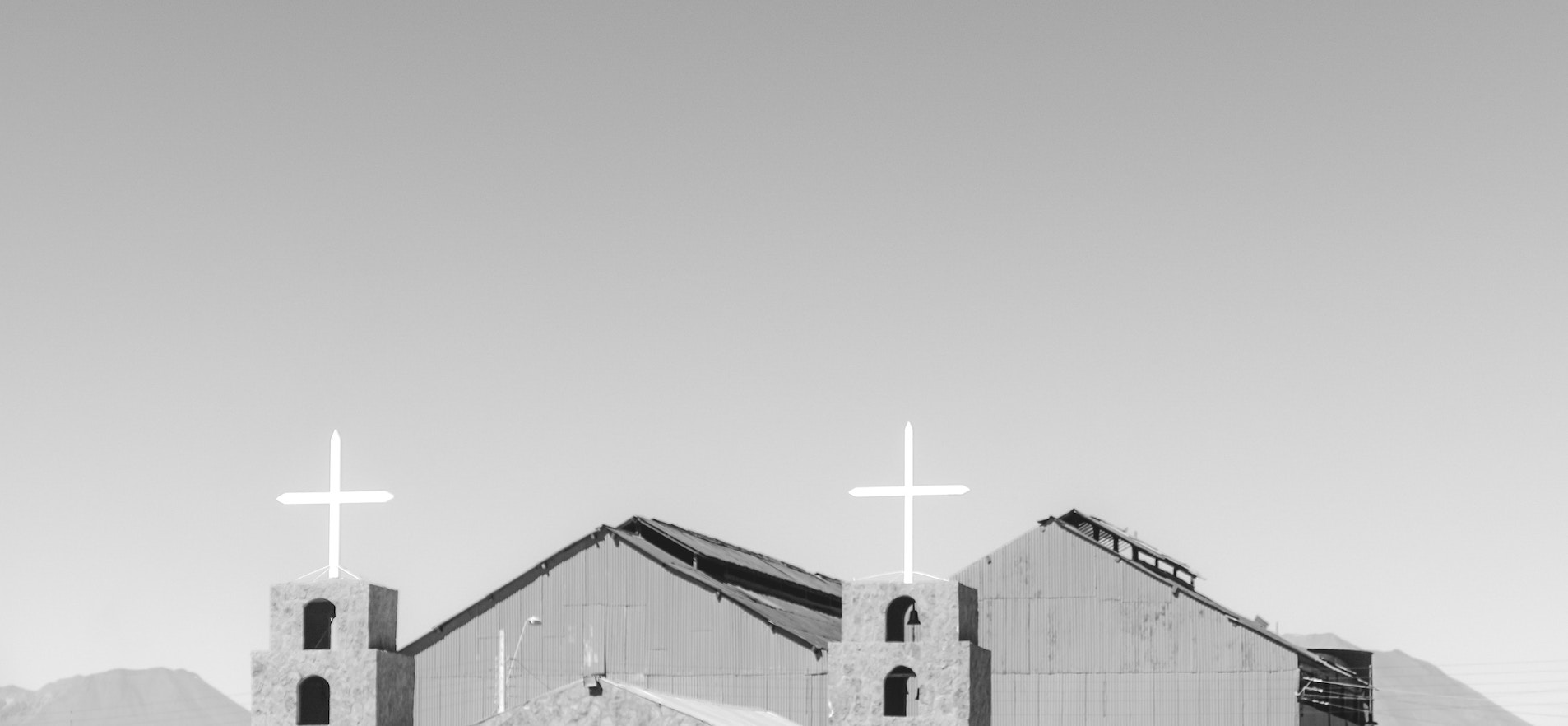
I’ve been accused of believing that politics aren’t important; I believe they are EXTREMELY important, because the laws that are passed by our officials will affect the most vulnerable among us…
Miroslav Volf says, “A great government gives everyone the conditions opportunities and tools to live a flourishing life” – this is a fantastic reason for the church to engage in politics…
We have become not a prophetic voice but a partisan voice… we play right into the tribal aggravations and distinctions that the culture is forcing us into…
The tricky part is, how much pressure do we assert on institutions that are not the church…? Does the emperor get to appoint bishops or does the church leader get to say which emperor is excommunicated…?
We’re in a crisis in the West because our definition of the common good came from Christian roots… now we’re trying to figure out if we can enjoy Christian fruit when we are disconnected from Christian roots?
The church doesn’t have a politics as much as the church IS a politics… as we listen to the Scriptures and Jesus, the Word made flesh, we become a different kind of political being…
The best thing that we can do with our politics is to be really transparent, authentic followers of Jesus first… the ministry of Jesus had political ramifications…
We need to be aware of what’s happening in our communities and in local politics… many Christians are nationally engaged but locally distant… we should, first of all, be aware of what’s happening in local politics…
A long time ago I decided that I was going to turn my outrage into outreach…
If all your talking points line up with one party’s talking points, you haven’t taken the time to understand the logic or motive of the other party… sometimes our “opponents” have the same end in mind…
Are we more at home with people who share our faith and not our politics, or those who share our politics but not our faith…? There are some really godly people who vote differently than you…
In this episode we sit down for the second of a two part interview with best-selling writer and historian Tom Holland talking about his breathtaking book Dominion: How the Christian Revolution Remade the World. This is part 2 of 2.
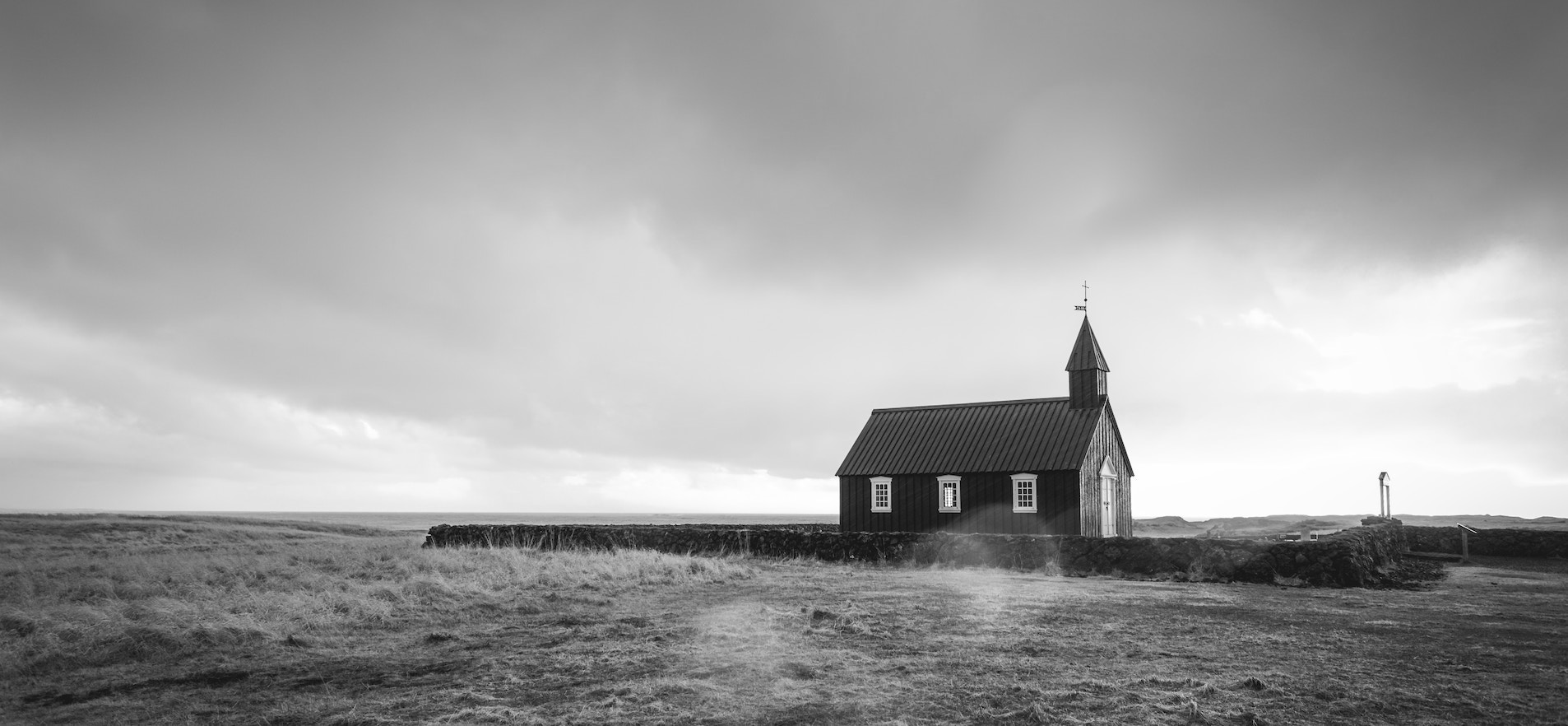
No one rejects the concept of human rights… but when you ask, “Where did you get that idea from and why do you believe in them?” it is ultimately as theological idea as believing that Jesus Christ was raised from the dead on the third day…
Human rights do not objectively exist… you can’t say that you’re superior to theology and superstition and simultaneously say you believe in human rights… if you believe in human rights you may as well say you believe in angels…
The deep-seated assumption that empires are bad—you have you ask, “Where does THAT come from?” That idea might just conceivably have something to do with the fact that the prime emblem of the faith is a cross, which is the ultimate subversion of the symbol of imperial power…
The idea that it is possible for an entire society to be born again is so powerful that it brings emperors to kneel in the snow… it is revolutionary… but then the church will need to be corrected, which gives rise to the revolution of the Reformation, which gives rise to the revolution of the Enlightenment…
I found that in the process of researching this book, there was no period of Christian history that did not offer great riches and nourishment…
This book felt like a pilgrimage to me, but I didn’t know where I was going to end up… I found when I reached the journey’s end, I felt that my life had been hugely enriched by it… I had my heart opened to things that I otherwise would have been shut off from…
I wanted to write about my godmother because when she died, I left her feeling like that was it… that she would die and be dissolved and that would be it… but now I am not so confident in that… I wouldn’t say it has hardened into Christian faith, but my disbelief is gone…
When you live in a time of crisis, suddenly the sense of belonging to many generations of people who have faced much worse crises but using the same spiritual and emotional and moral framework that we have is incredibly powerful…
In this episode we sit down with best-selling writer and historian Tom Holland to talk about his breathtaking book Dominion: How the Christian Revolution Remade the World. This is part 1 of 2.

This book was very personal for me… I was raised Anglican, and enjoyed the Bible, but generally found it less interesting than dinosaurs, and eventually the Romans… so when I started writing history, I started writing about the Romans… but the more I wrote about them, the stranger they became to me…
I started realizing that this was so because of deeply Christian assumptions I held… Dominion is an attempt to try to explain where I come from and where the world I live in comes from…
The earliest sources we have for understanding Christianity are Paul’s… and they are obsessed with the crucifixion… the idea that this God suffered a monstrous death on the cross is a massive stumbling block…
Moreover, the idea that this God has brought about a new covenant and that the law can be written on the heart changes everything… it feeds into the idea that our understanding of what is good can be progressive… [which is a very modern idea]…
Further, to die on the cross is the worst death imaginable… it is a humiliating death… to be publicly exhibited on an instrument of torture is a kind of billboard advertising the power of Rome… to suggest that the man who died on this cross is identical with the one God of Israel is madness…
When you see it all in this light, you see how blasphemous Paul’s message is not only to the Jews but also to the Romans…
In the 11th century, the Church is set up as the world’s first sovereign state, which means that everyone under the church has the right to appeal to the Church for law, justice, and order, even over the heads of earthly rulers…
To do this, you need frameworks of law… Christianity didn’t have a body of law at the time, and so institutions called universities pop up with scholars who look to the Church’s canons to construct a divinely sanctioned justice for those who appeal to them…
The core idea of their justice was Christ’s teaching that the rich have a duty to care for the poor… they start extrapolating the implications of that… the responsibility of the rich to the poor means that the poor have rights…
The [Christian] universities are all of a sudden constructing the idea of universal rights… the Enlightenment thinkers and writers are building off of those maneuvers…
In this episode we sit down with Pastor Daniel Grothe to talk with him about his book, Chasing Wisdom (released on April 21st). Grab your copy over at Amazon!
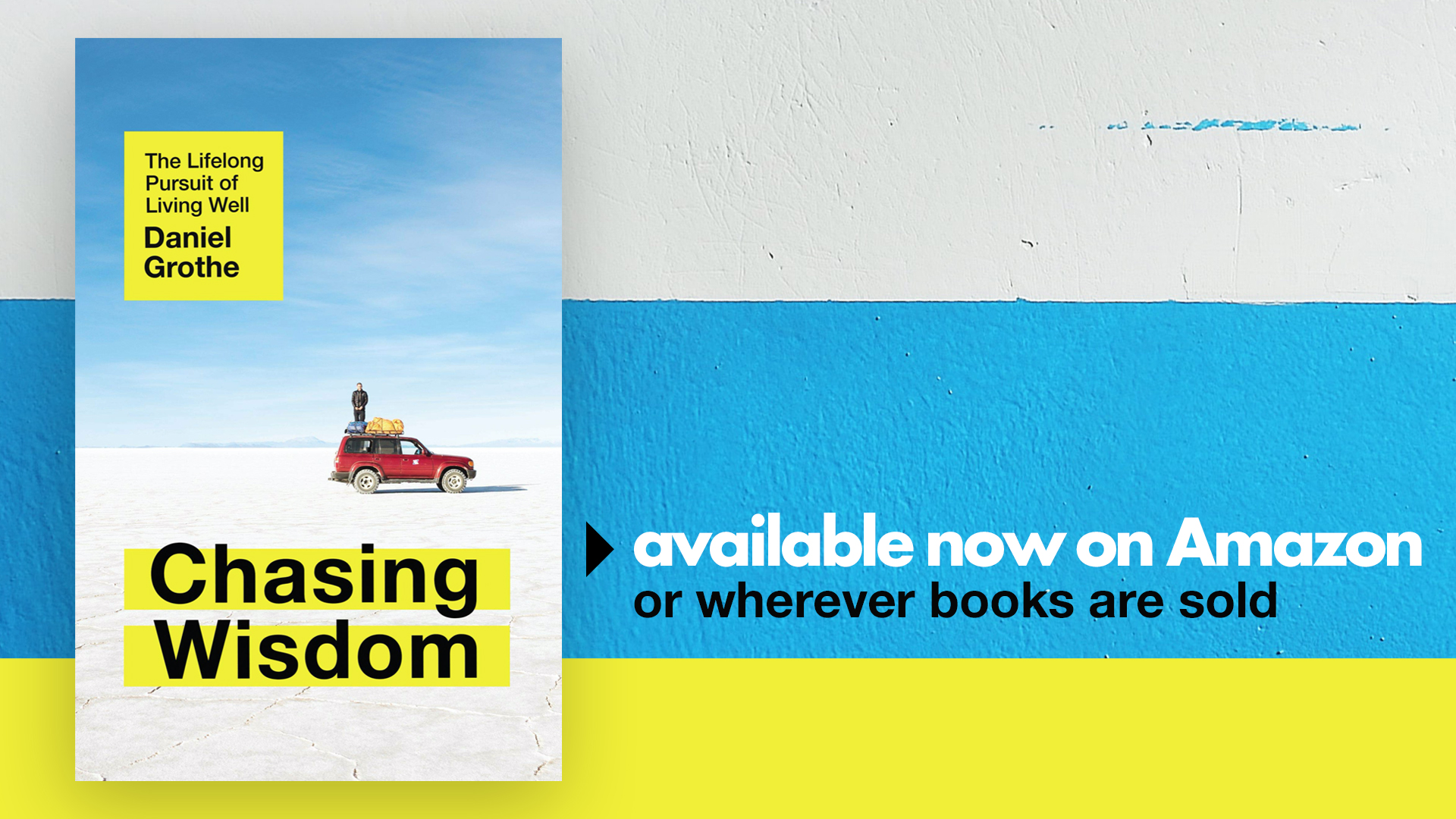
This is the first book I chose to write because this is how I was raised… my parents would take us to nursing homes, and tell us to ask good questions… I thought everyone did that… it was instilled in me from an early age…
I asked Eugene Peterson if I could come and spend a day with him… he responded “yes, but not so fast…” At the end of his life, my last visit with him, I told him that the best four words he could have said to me was “not so fast…” He didn’t want it to be a touristy visit…
In the book I call this “holy presumption…” Steve Jobs tells a story about personally calling Bill Hewlett when he was twelve years old, asking for computer parts, and Hewlett said yes… and the rest is history…
For me, my assumption is that the worst thing that can happen is that they say no… I’ve got thick skin; I can handle that… the best thing that can happen is that they say yes…
I grew up playing jazz… what you find in any jazz quartet is that you’ve got a number of players plus a soloist, someone who carries the lead line…
In order to be a great soloist, you have to know all the scales in all the keys, as well as all the great jazz standards… you have to “know the book”, which means that you can show up in any situation and play anything…
I think life is like that… you need to pay attention and do your work so that when the world shifts, you can improvise…
Wisdom is being able to think on your feet in the actual conditions of your life and make wholesome decisions… it’s all about nuance…
I think you’ve got to know the Scriptures… but I think you also have to have some people who have lived it… you have to have guides, sages, people whose lives haven’t crumbled… Eugene was that for me…
I’m a charismatic kid by birth, and I won’t throw the baby out with the bathwater… I grew up with a conviction that the laying on of hands matters… life is passed on through touch…
One of the great ways life is restored is when we have trustworthy persons lay their hands on us… there’s an impartation there… if you find someone who has lived a holy life, let them pray the prayer of faith over you, and your life will be strengthened and secured…
In this episode we sit down to talk about how Covid-19 has impacted us as well as some best practices we’re learning as we navigate this. (Also, in a related conversation, Andrew and Glenn sat down this same week with Dr. Mark Mayfield to talk about Covid-19 from a mental health and family perspective. Listen to that conversation here.)

The key to this entire thing is to simplify yourself really quickly, to get back to the basics… this is when you go to blocking and tackling… you need to lead in a steadfast way…
We need to be aware of how emotionally fragile everyone is… we’re home, but we’re not decompressing… we’re all a little fragile and thin, and we need to be aware of that…
I actually think we’re doing a better job pastoring people now than what we did before… we’ve made personal, lingering phone calls to over 4,000 people in our congregations… the best thing we did wasn’t live streaming, but getting on the phone with our people…
The creativity in connection… our congregations are using Zoom as a digital lobby, allowing us to see people’s faces between services…
I think this virus is making us more human… there is going to be a hunger for church gatherings unlike any other time I’ve ever seen in my life… there is a longing for the gathered church…
I think church attendance is going to skyrocket, and the churches that are ready for that are going to grow… I can see 20-30% growth happening… the Spirit is using all of this to shape and form a new church…
Many pastors right now are producing too much content… if you’re going to go online, have something to say…
I think it’s wise that we love our neighbors and NOT meet… in this time right now, defiance is foolish… pastors shouldn’t politicize this… this is a human issue… it’s a chance for us to be pro-life from womb to tomb by staying home…
Our messaging needs to be simple right now… most of the Bible is written by and to a people under duress… so let the text speak to people… simplify and shorten your services…
Clarity of message is huge right now… this isn’t the time to do a deep, multilayered exposition of this or that…
When the quarantine lifts, pastors need to start thinking “micro”… have you deep-cleaned your building…? How are you going to make hand sanitizers available…? How are you going to dismiss people…?
Pastors are used to thinking at 30,000 feet, but I think it’s going to be the small things that will make us prosper over the next several months…
In this podcast we sit down with New Testament scholar Matthew Bates to talk about what he means by “gospel allegiance”.
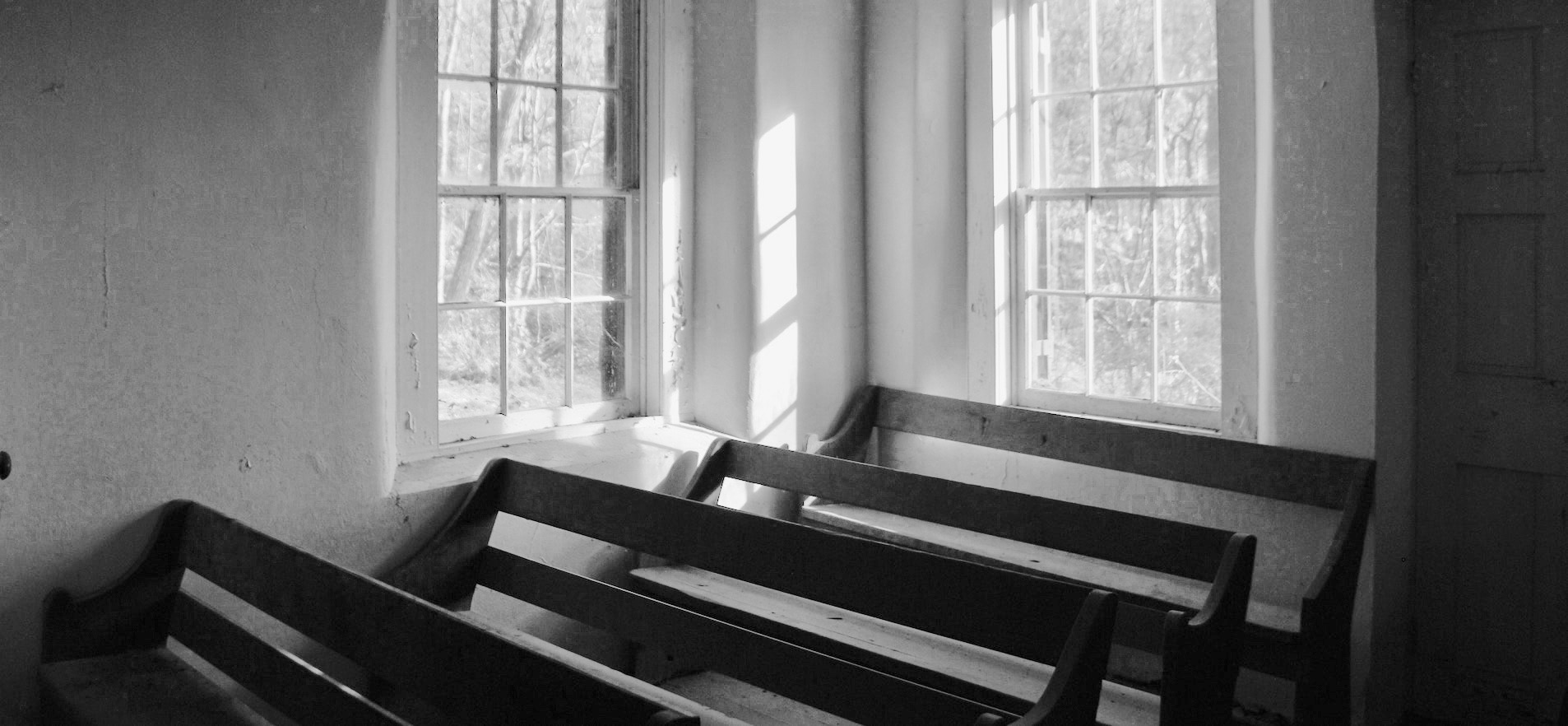
We’ve missed what the gospel means and what faith means, and in light of that the whole package has been skewed…
What I am trying to say is that the gospel focuses on Jesus’ kingship, and in light of that, faith is the allegiance that we give to the king… we haven’t paid enough attention to this…
The gospel is the news that Jesus is the saving king, the victorious king… the Bible itself summarizes the gospel that way… “Christ” is a royal title, not a name…
The problem is that in the church we’ve often reduced the gospel to the cross, rather than the whole event of Jesus… this has the effect of putting the emphasis on the wrong place…
The word faith in the New Testament can also mean loyalty, and even faithfulness… this then will involve our bodily doing in some way…
The Christian community for too long has been swept along by the notion that Jesus is king over my spiritual life but not king over anything in the actual world…
When the Christian community gathers together and confesses that Jesus is king, we are creating an alternative social-political reality…
A lot of our disputes in the church about salvation have to do with grace… grace in the ancient world was reciprocal… if you received a gift you needed to give a response gift to keep the circle of gratitude moving…
Understanding this helps us see that God has already given the gift – the Christ-gift, the gospel, and the benefits that flow from it… none of us deserved it… in light of it, we are invited to reciprocate with our allegiance…
A good starting place for pastors would be to do a series on the gospel… look at texts that talk about Jesus being installed as the Son of God with power…
Working on the “gospel” first paves the way to work on the notion of allegiance… you need to help people see that faith doesn’t deny trust but usually means loyalty, which is a holistic response…
You can grab Matthew’s book Gospel Allegiance over at Amazon!